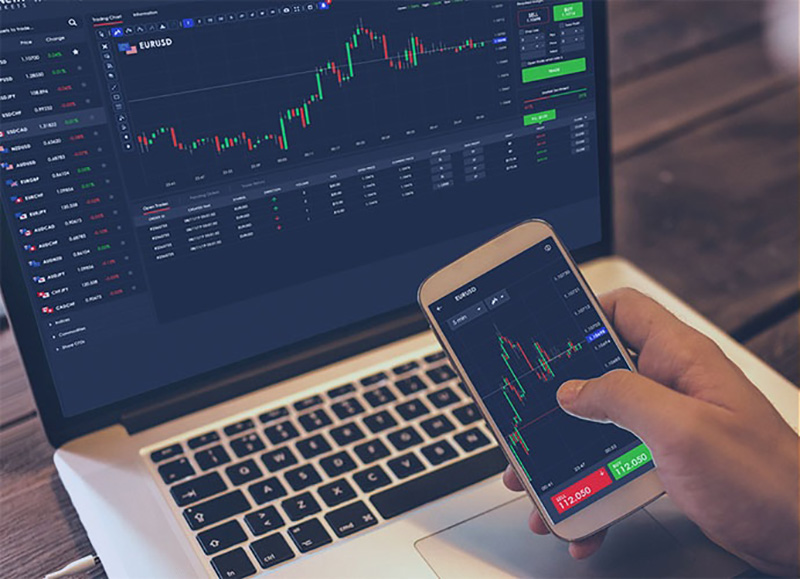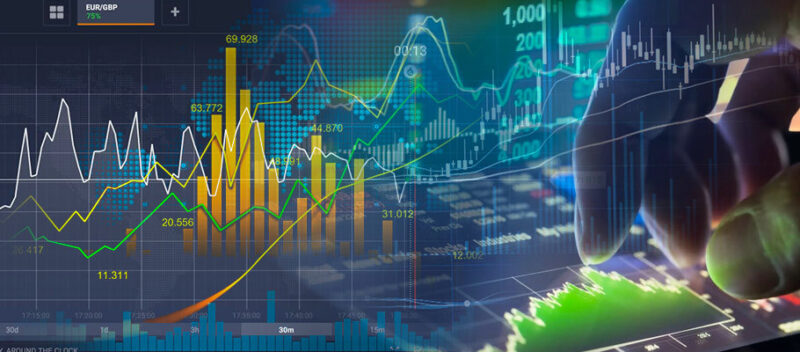The world of trading is brimming with choices. Every scroll through financial news or quick search online uncovers yet another platform promising better tools, features, and opportunities. But why are there so many? The answer lies in the diversity of traders, needs, and markets. Let’s break this down and see how the variety of options might actually work to your advantage.
Key Points
- Different traders need different tools.
- Markets evolve, and so do platforms.
- Regulation impacts availability.
- Technology drives competition.
- Innovation attracts diverse user bases.
What Drives the Proliferation of Trading Platforms?

There isn’t a one-size-fits-all solution in trading. Some traders prioritize simplicity, others need advanced tools for in-depth analysis. For instance, if you’re managing a day full of positions and need flexibility, platforms like Binomo can offer a seamless experience. Enter Binomo login and see how variety caters to users with vastly different goals. Beginners, casual investors, and professional traders all need specific features that suit their expertise levels and ambitions.
Technology: The Catalyst for Expansion
The tech boom has allowed smaller platforms to compete with giants. Cloud computing, APIs, and AI integration make it possible for new entrants to create robust tools that were once reserved for institutions. For users, this means more opportunities to find something that fits their style perfectly.
- Mobile trading apps attract younger, tech-savvy users.
- Algorithmic tools allow professionals to automate strategies.
- Low-cost platforms appeal to budget-conscious investors.
Competition ensures constant innovation, with each provider racing to introduce the next big feature.
How Regulation Shapes the Market
Local regulations often determine who can access what. Platforms that dominate in one region might be absent elsewhere due to compliance requirements. This fragmentation leads to new companies stepping in to fill the gaps, ensuring traders always have an option—though sometimes too many to sift through.
Customization and Niches in Trading Tools

One of the key reasons behind the sheer number of platforms is the push for customization. Traders today don’t want a generic experience. They demand tools and features tailored to their specific needs.
Platforms focused on niche markets such as cryptocurrency or commodities attract users with unique requirements. A crypto trader looking to buy and sell digital currencies doesn’t need the same features as someone trading traditional assets like stocks. The ability to specialize and address these niches ensures a steady stream of platforms vying for market share.
Customization also extends to user interfaces. Many platforms allow traders to personalize dashboards, set alerts, or choose from a variety of layouts to suit their preferences. This attention to detail keeps users engaged and loyal.
Top Reasons Behind So Many Choices
- Demand for accessibility: Modern tools bring once-exclusive strategies to everyone.
- Global market expansion: As more people enter financial markets, businesses cater to different regions.
- Diverse trading styles: Day trading, options, forex, and crypto require distinct features.
- Marketing innovation: Platforms use branding and perks (like demo accounts) to draw users.
- Scalability: Technology allows smaller firms to thrive globally.
How Do You Choose the Right Trading Platform?
With countless options, picking the right one can feel overwhelming. Here’s what to focus on:
- Reliability: Is it regulated and secure?
- Ease of Use: Does it suit your skill level?
- Features: Are you looking for analytics or simplicity?
- Costs: What’s the fee structure?
FAQs
- Are smaller platforms less trustworthy?
Not necessarily. Many smaller platforms prioritize quality and innovation to compete with larger players. Always check for licenses and user reviews. - Why do some platforms charge higher fees?
Higher fees often reflect advanced features, superior support, or specialized services. Evaluate if the cost aligns with your needs. - Can I use multiple platforms?
Yes, many traders diversify their tools. Using multiple platforms can help you leverage unique strengths. - Are demo accounts worth trying?
Absolutely. Demo accounts offer risk-free practice, helping you understand features before committing funds. - How do I identify scams?
Look for regulation details, avoid promises of guaranteed profits, and check user reviews or complaints online.
Conclusion

The variety of trading platforms reflects the growing demand for tools tailored to different needs. While this abundance can seem daunting, it ultimately benefits users by offering more choices and features. By understanding your goals and taking time to research, you can find a platform that aligns with your needs. The right decision can set the foundation for a smoother and more rewarding trading experience.
Whether you’re looking for simplicity, advanced tools, or niche markets, the options ensure that there’s something for everyone. Take your time, explore demo accounts, and weigh the pros and cons before diving in. A thoughtful approach guarantees you’ll find a platform that’s not only reliable but also perfect for your goals.


